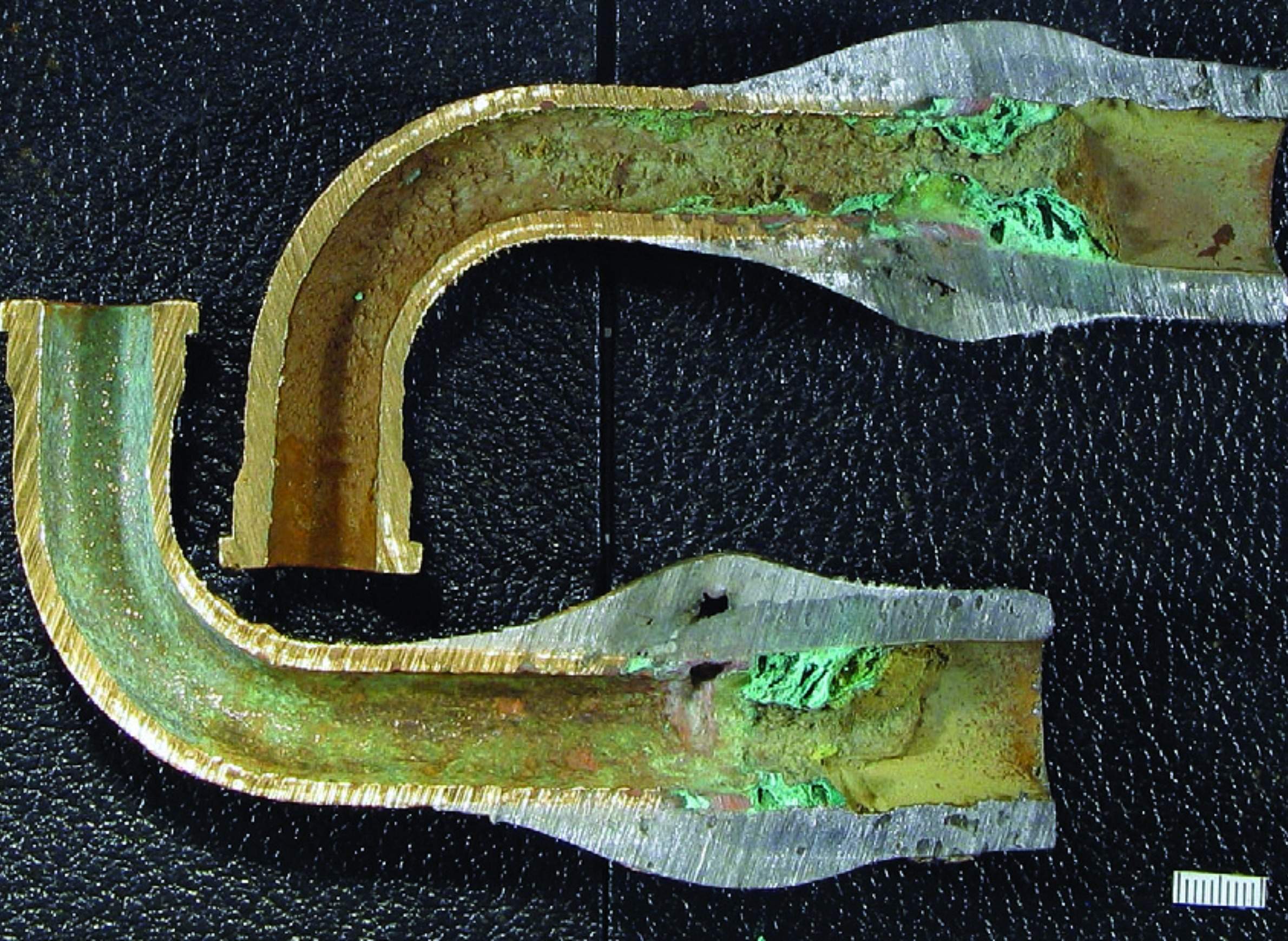
M.K DeSantis, Pegasus Technical Services for U.S. Environmental Protection Agency
Series: Drinking Water Quality
Drinking water quality varies across in Wisconsin. In communities with public utilities, drinking water is subject to disparate levels of treatment depending on local needs and budget concerns. Nearly one million households get their water from private wells, which depend on property owners for monitoring and treatment. Across the state, many natural processes and human activities can introduce pathogens and chemical contaminants into water supplies. Wherever their drinking water comes from, Wisconsinites can use various resources to better understand and improve its quality.